Last year at the Game Developers Conference (GDC) 2024, legendary composer Austin Wintory —who is best known for his work on Journey, ABZU, Assassin’s Creed Syndicate, and The Banner Saga series — showcased some of the greatest music in gaming at GDC Main Stage: A Developer’s Concert. Now, what began as a last-minute change to GDC’s normal schedule has officially become tradition, as Wintory will be returning to GDC 2025 to do the second annual Developer’s Concert.
Game Rant recently interviewed Austin Wintory about A Developer’s Concert, what his approach to curating the set list is for the concert, how it ties in to this year’s theme at GDC, and even some more personal questions about his approach to music composition. During the interview, Wintory’s passion for music, gaming and otherwise, was clearly expressed, and he seems thrilled to be headlining GDC this year, with the concert itself taking place on Wednesday, March 19 at 12:30 PT.
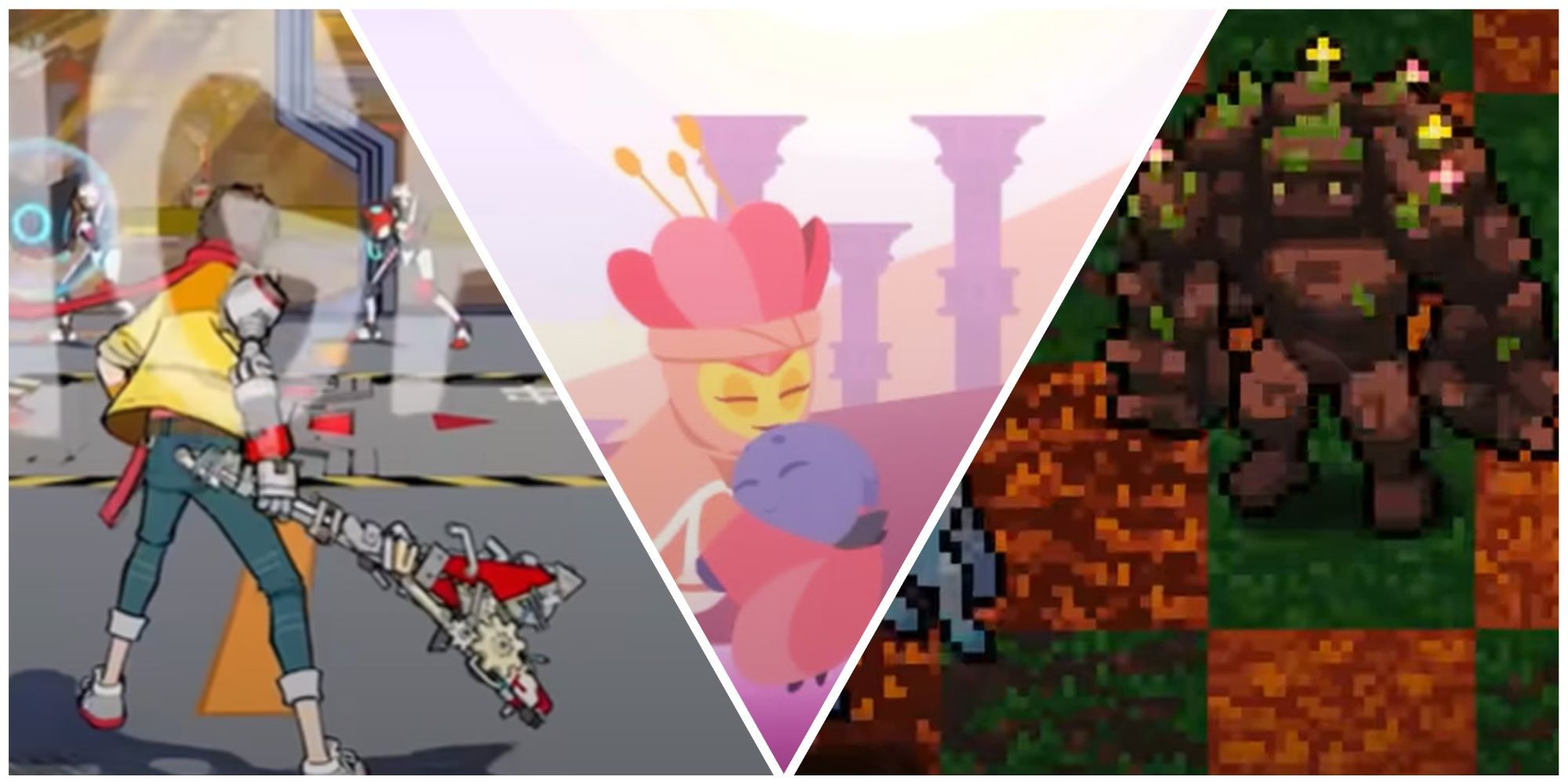
Related
Games That Are Basically Interactive Music
Although most video games incorporate some kind of musical component, these titles found creative ways to make music interactive.
Preparing for GDC 2025’s Developer’s Concert
Q: So just for our readers who might not know much about it, I wanted to ask if you could tell us what A Developer’s Concert is and what inspired you to do it in the first place.
A: So, this concert is Year 2 of what will hopefully be an ongoing series for as many years as we can sustain it. The first one was last year, and it started with GDC. They actually reached out to a friend of mine, the president of the Game Audio Network Guild, Brian Schmidt, and asked, “What would it take to put on a concert?” He and I are friends, and I’ve done a fair bit of this kind of thing. So, he just called me up and said, “Hey, would it be doable?” And we had a short period of time to get it worked out last year. We’ve obviously had the benefit of essentially a year to think about and plan this one. And the idea is, quite simply, to celebrate the artistry of games, using music as our vessel to do so.
In other words, this is not, in my mind, just a game music concert as a sort of means to an end. Of course, it’s all game music, and it’s very much a celebration of game music. But it’s also about using music as the gateway to celebrate games themselves. I think that’s part of the whole concept of hosting it at GDC — a conference attended almost exclusively by game industry professionals or students just starting out. It’s supposed to hopefully provide a nice hour or so of celebratory catharsis, reminding everyone in this industry that even on its hardest and most taxing days, game development can be a dream job. The work we create affects people all over the world, and that is worth celebrating.
So, in a way, I think of it as, from the stage with musicians, I’m trying to celebrate all those people in the audience. They’re overwhelmingly game developers of various stripes, so it’s kind of like: We’re here to honor you. So, it’s really fun. It’s a really special thing to be able to do. I feel insanely grateful that GDC actually approached me to do this — especially because the slot they put us in was essentially the opening keynote address slot for GDC. This Wednesday at noon time slot has historically been where they’d get an executive from a publisher or one of the famous studio heads, like Tim Schafer or Neil Druckmann, to offer a very high-level talk. But they said, “What if instead of a talk, we did a celebration?” And I’m just lucky to be asked to help put that together.
Q: So, the first one was a big success. Did you take anything away from that experience that you’re going to be bringing into this year’s concert?
A: Oh yeah, without a doubt. The thing we tried last year that seemed to work well was casting a pretty wide net. For example, as a fun little cold open to start the show, I did a rapid-fire medley of little excerpts from about 25 different games, spanning essentially the entire history of gaming. That was really fun because it set the mood for the audience — letting them know this was going to be a love letter to games. They could expect some mainstream hits, like Final Fantasy 6, but also some deep cuts. I wanted to reflect the fact that there’s a whole history of great scores and games that may not be the most famous ones.
And as a composer in this industry, I have a lot of great friends and colleagues writing these scores. I know about tons of amazing music simply because I know the people who wrote it. But often, a great score can go unnoticed if the game itself doesn’t find an audience. I’ve scored plenty of games that no one knows about — not because the music wasn’t good, but because the game just didn’t take off. That’s true across the board, whether you’re a composer, an animator, a voice actor, or a writer. If the game itself isn’t widely played, the work often goes unnoticed. So, I love the idea of featuring scores like that — whether it’s a short excerpt in a medley or a deeper dive into a lesser-known game.
As much as possible within the hour-long show, I want to represent the state of the art and showcase the actual quality of video game music as it evolves. Last year, we managed to strike a good balance between going deep on a few titles and going wide on others with shorter excerpts. The exact formula has changed this year, but I’m keeping a similar structure. We’re also going to have a bunch of surprise guests — far more than last year. I’ll be bringing out composers, singers, and trying something new that I don’t want to reveal just yet. But if it works as well as I hope, it could become a recurring idea for future concerts.
That’s something I didn’t do last year, but the idea came to me in the interim, and it felt like a great way to pay homage to the art itself. So, long story short, I don’t feel like we made any major blunders last year that we need to correct. But there are definitely things I want to lean into more this time. The challenge is that it’s only an hour-long show, which is short by concert standards. So, I have to be very discerning with what we include.
Q: The theme this year is “Connecting the World Through Games,” so how does that influence your approach to curating the set list?
A: Oh, I, I mean, it’s funny because when I was told that’s going to be the prevailing theme or the recurring message, throughout GDC, I had already started building the set list, and so much of it was naturally compatible with that idea because I think it’s just intrinsic to the art itself. It’s sort of impossible to avoid it. You could almost have ascribed that theme to it even without ever having told me to do so or without even knowing it, because it’s just the nature of what games do. They connect people, they connect strangers. But that said, one of the segments on the set list is, I’m calling it “Twelve Games From Twelve Countries,” where I’m doing a medley of music from games all throughout the world with the rule that none of them would be American or Japanese, which are the two overwhelming leaders of the industry and especially in terms of what gets all the attention.
I tried to be as evenly spread throughout the world as I could. There are bits essentially from every continent, so that was exciting because even as closely as I kept my ear to the ground with that idea in mind, I went exploring, and I discovered a bunch of scores that I didn’t know. I was like patient zero on what I was hoping that would do, which is make people sort of wonder what all is out there that they don’t know, even if they have a deep working knowledge of the industry and what’s going on.
I’ve worked with people from all over the world and I have friends who have, and yet there really is just always so much more to be discovered at any given moment. What you don’t know will invariably outnumber what you know by probably 100 to 1. So, this is like a little kind of homage to that concept, and that was directly as a consequence of when Ashley Corrigan messaged me. She said, “If there’s some way to incorporate this theme into the concert, that would be great.” And I thought, you know, this could be a nice way to do it, and it’s been so lovely to be in touch with some of these composers who I wasn’t familiar with, and then I found their work and I loved it, and now we’re kind of pen pals.
I really love that, and I hope it only feels like just the start of something that can grow along that wavelength — to really shrink the game development community as much as possible and make it feel like the world is not gatekept or exclusive. I don’t mean small in that way, but I mean communal, where everybody knows each other and there’s a sense of almost neighborliness even if we live at opposite ends of the planet and may not even ever meet physically in person.
Q: Gamers, we connect with music simultaneously with the stories that we’re experiencing. So, as you’re bringing in these lesser-known pieces, how can you convey that same emotion when you’re performing it live that we experience when we’re playing a game, and we hear the music that’s accompanying the story we’re seeing?
A: Well, I mean, you just have to trust that the music is baked into it, whatever those qualities are. Usually, what’s happened is it’s not that we’re trying to, in a sense, almost convince you that you’re playing the game. What happens, in my non-professional psychoanalytic assessment, is that you’re playing a game, and you’re having a powerful emotional reaction. For example, I’m a big Mass Effect fanatic, and so I’m playing Mass Effect, and I’m just loving its characters and the story. What happens is that, I will, without really trying to and without realizing it, store the emotions that I’m getting from the game, which includes those coming from the music as well. So, there’s a little bit of a feedback loop aspect to this.
But let’s say I’m just really in love with a certain character or like there’s a certain scene that just haunts me with the way it plays out. It’s almost like the music becomes this storage locker where you are putting everything that scene and experience gave you, and you’re putting in music so that later, if you’re on Spotify or at a concert, you reopen that locker through the music and all those memories and experiences of the game come flooding in. So, it’s one of those funny things where I feel very, very lucky to work in music, because we have this cheat code where we can kind of take all the things that you love about the game and then bring all that back to you, potentially ten or twenty years after you played the game. It’s a very unique phenomenon.
It’s another reason why I do understand the mentality of “playing the hits.” It’s not that audiences are uninterested in discovering what they weren’t previously familiar with. But if you want to evoke that Ratatouille kinetic flashback moment, you roll the dice of reaching more people if it’s a game that you know is very popular and really affected people, like in mass. And so I always try to make sure it’s a balancing act because, you know, they’re hits. It’s an interesting art form to try and build a perfect set list that captures all of that.
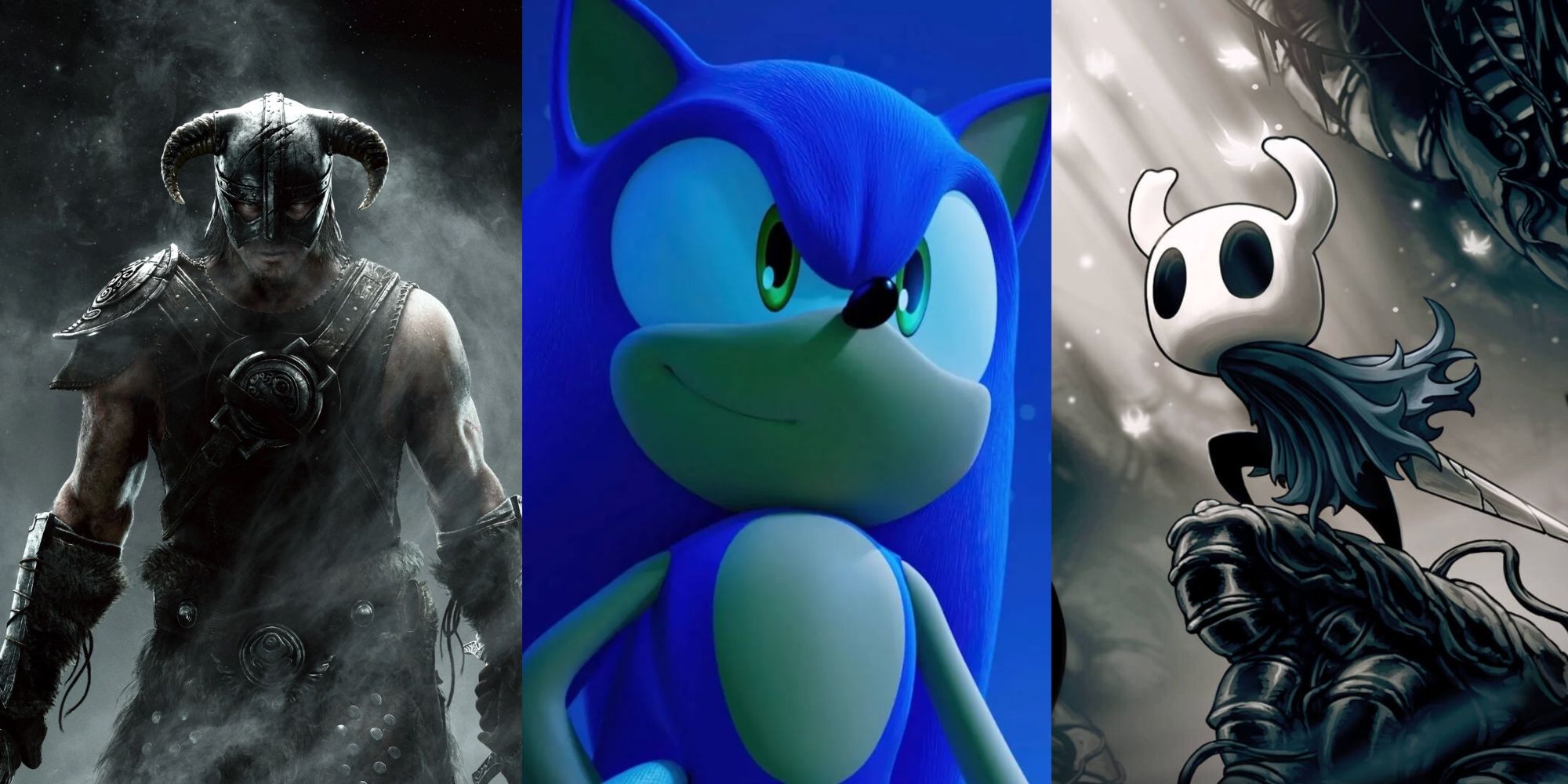
Related
8 Video Games With Beautiful Original Orchestral Music
Video games are often made memorable by having a quality, iconic soundtrack. These games achieve this with some beautiful orchestral music.
Austin Wintory’s Approach to the Art of Music Composition
Q: I also wanted to ask you a few personal questions too. Are there any non-gaming influences that kind of shape the way that you approach your own music?
A: I mean, certainly. I’m very inspired by music from a massive spectrum. Gaming is just one part, and there’s no one part of the pie that would be a majority — whether it’s film or television or gaming — there is no majority stakeholder of things that have kind of held sway over me. I’ve always had a mixed diet, you know, growing up. I was learning piano and writing music, so I would listen to film scores, but then, because the piano was my instrument, I would listen to piano music, which exposes you to a lot of new age, very piano-centric music.
But then, my father, having come of age in the 60s, was a big fan of the 60s folk world, with music artists like Cat Stevens, and a lot of that rubbed off onto me in a big way and I loved playing that kind of music on piano. I also loved playing Harry Chapin and Bob Dylan and, not so folky, but like Billy Joel. Then, as time has gone on, my palette has expanded exponentially. It’s not uncommon that, all within the span of four days, I’ll go see a big band, and then I’ll go see an opera, and then I’ll watch a string of Nordic death metal music videos. In our modern 21st century, most people will claim to have a pretty eclectic taste, and I’m certainly one of those people, and I try to go to a really mixed bag of live shows in particular.
If you ask the question of where those ideas come from, so much of it is, at least for me, in looking around and just sort of absorbing what it is to be human and what it is in all of our wondrous potential and our “work-in-progress” kind of flaws. I’m a big science nerd as well. So, it’s like I tend to kind of just move around through different things, trying to wrap my head around them in the hopes that it’s all adding up to something.
Q: So do you ever compose a piece and then, after the fact, you hear a melody or a motif in your song, and you immediately recognize where that came from? Like, you pull something from that “locker” that we have, which means that you have your own.
A: It’s interesting because it is frequent that I will share music that I’m working on with someone, and they’ll go, “Oh man, this is so ‘fill in the blank.'” And 99% of the time, I’m caught off guard by those comments where I just think wow, that was definitely not in my head. Music is very subjective by nature, and there’s sort of connective tissue among very different things. That’s not a big shock. Someone might hear a piece of mine and go, “Oh, this is so Chrono Trigger” or something. I definitely had my sort of JRPG window of time when games like Chrono Trigger and Chrono Cross and the early Final Fantasy games were a big part of my diet. But I was a kid, and that’s not a huge part of my diet these days.
So when someone compares my music to something else, I’m kind of like, really? And I’m assuming they mean it in a positive way or a neutral way as opposed to a negative way, but I usually just say, “Well, look, this is sort of an ‘in the eye of the beholder’ kind of thing,” but there are also times when I will intentionally sneak little winks and nods in my work here and there. I try to do it in a way that feels like it’s sort of like, you have to kind of recognize something below the surface about it. And almost always, it’s because it’s relevant to the task at hand.
An obvious example is I scored a game called Aliens: Fireteam Elite where I peppered it throughout with little winks and nods to Jerry Goldsmith’s score to the original Ridley Scott Alien and James Horner’s score to James Cameron’s Aliens, and it’s because I’m in that same franchise. It’s almost mandatory to do that in my opinion. So, that’s usually the case where it’s a situation like that where I’m consciously doing it, but I’m trying to do it in a way that it’s not that I’m quoting them or something — it’s that I’m trying to embody the spirit of what they did and infuse it in a way that’s sort of coming through my filter of my voice or my approach or my thinking.
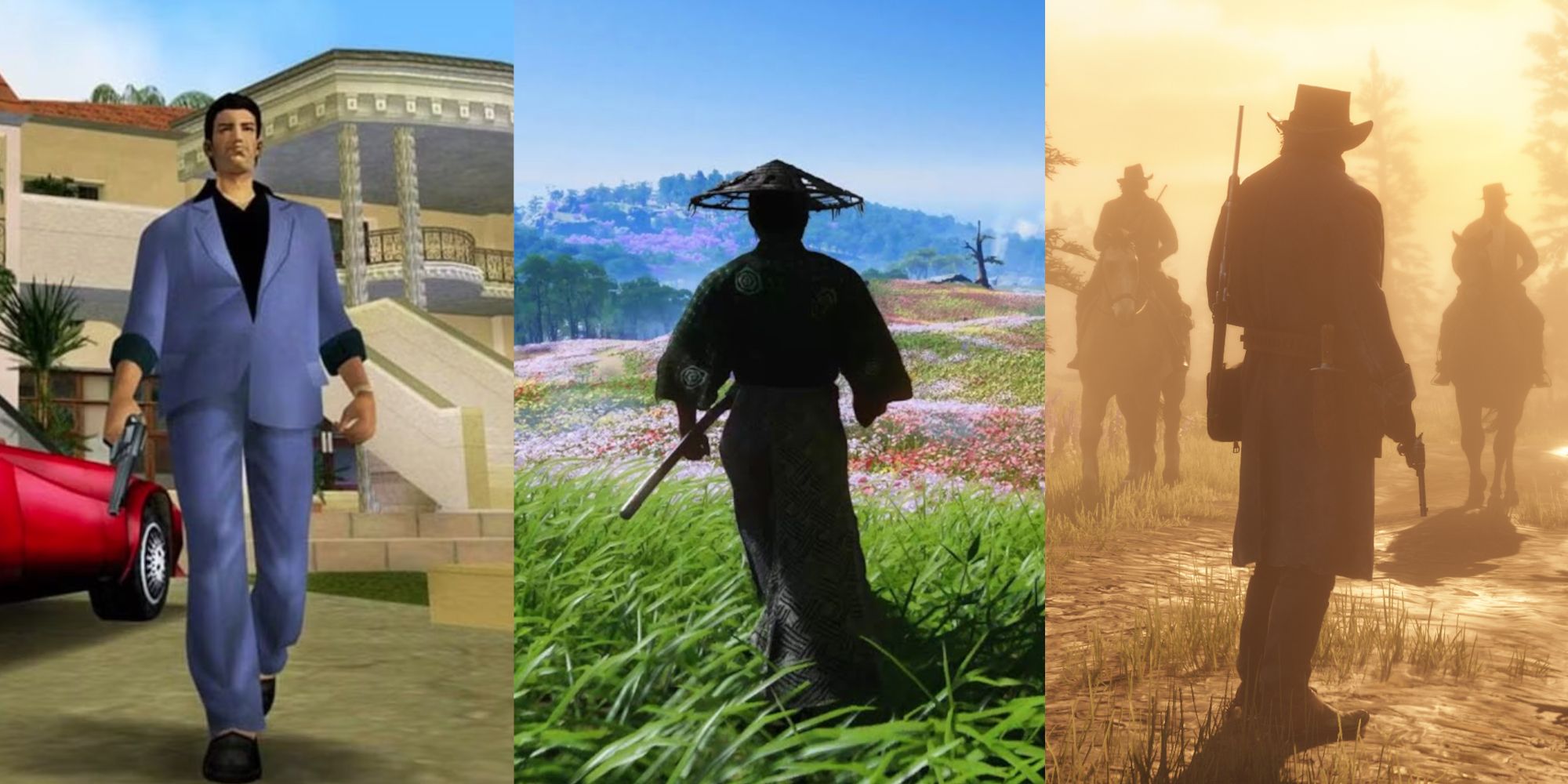
Related
8 Open-World Games With The Most Immersive Soundtracks, Ranked
These great open-world games showcase excellent soundtracks that help immerse the player in their expansive settings.
Q: This question is kind of a fun one. Is there a game or a franchise that you’ve always wanted to score, but you haven’t had the chance to yet?
A: I mentioned, of course, that I’m a huge Mass Effect fan. I love those games. I love everything about them. So, of course, I would feel very privileged to play in that sandbox. But I’ve been very lucky that I’ve had a lot of opportunities in this way. I was a big Assassin’s Creed fan, and then I was invited to score Assassin’s Creed Syndicate, and it was a truly wonderful experience because it was the best of all possible versions of that idea where I was invited into their world and given all sorts of suggestions about ways that we can kind of uphold the Assassin’s Creed traditions.
At the same time, I was also very much encouraged to do my own thing. So, it’s sort of like I got to have the joy of creating something new, which is usually my overriding goal by far, but also within a franchise that I love, and that last point really is sort of the thrust of it. I must say my career has been built principally on working on new IPs. The very first project I worked on was flOw and then leading to other games from there like Journey and Monaco and Abzu and The Pathless and The Banner Saga franchise — all of those are new IPs, and I had an enormous joy doing that, feeling like we get to really create something new.
But in most cases, when I think about most of the games that I really love — a big part apropos of where our conversation began — a big part of why I love them is their score, so I wouldn’t really want to be part of it because I’d be taking away a thing I already know I love about it with this presumed hubris that I could do better. Why should I assume I could do something better when part of why I love it is that thing? It’s like you’re destroying it in order to show your love for it. It doesn’t make sense.
And so a perfect example of that is the BioShock franchise. BioShock and BioShock Infinite are two of the high marks of this art. I think Ken Levine is an absolutely brilliant writer and thinker and brought such depth, and I remember the original BioShock was the first time I ever played a game that awoke such conflicted feelings in me. I didn’t like shooting at these splicers because I was so convinced these people were victims of a horrible circumstance. So much of BioShock is like a straight-forward first-person shooter, but it’s wrapped in this narrative construct that is so emotionally challenging and nuanced.
I take just as much joy writing music as I do celebrating the music of my friends and I would never want to take out of my listening diet their work. You know what I mean? It’s like it’s not my career goal to be the only composer, in other words, in some thought experiment kind of way. I love music and part of that means I love the kind of friendly competitive impact it has — being surrounded by talented friends. And it makes me want to be better. There are a bunch of composers who have that sort of effect on me where it’s not just, it’s not even just that they’re a fan, it’s like they apply a kind of pressure to keep the heat on, and I would never want to get rid of that.
[END]
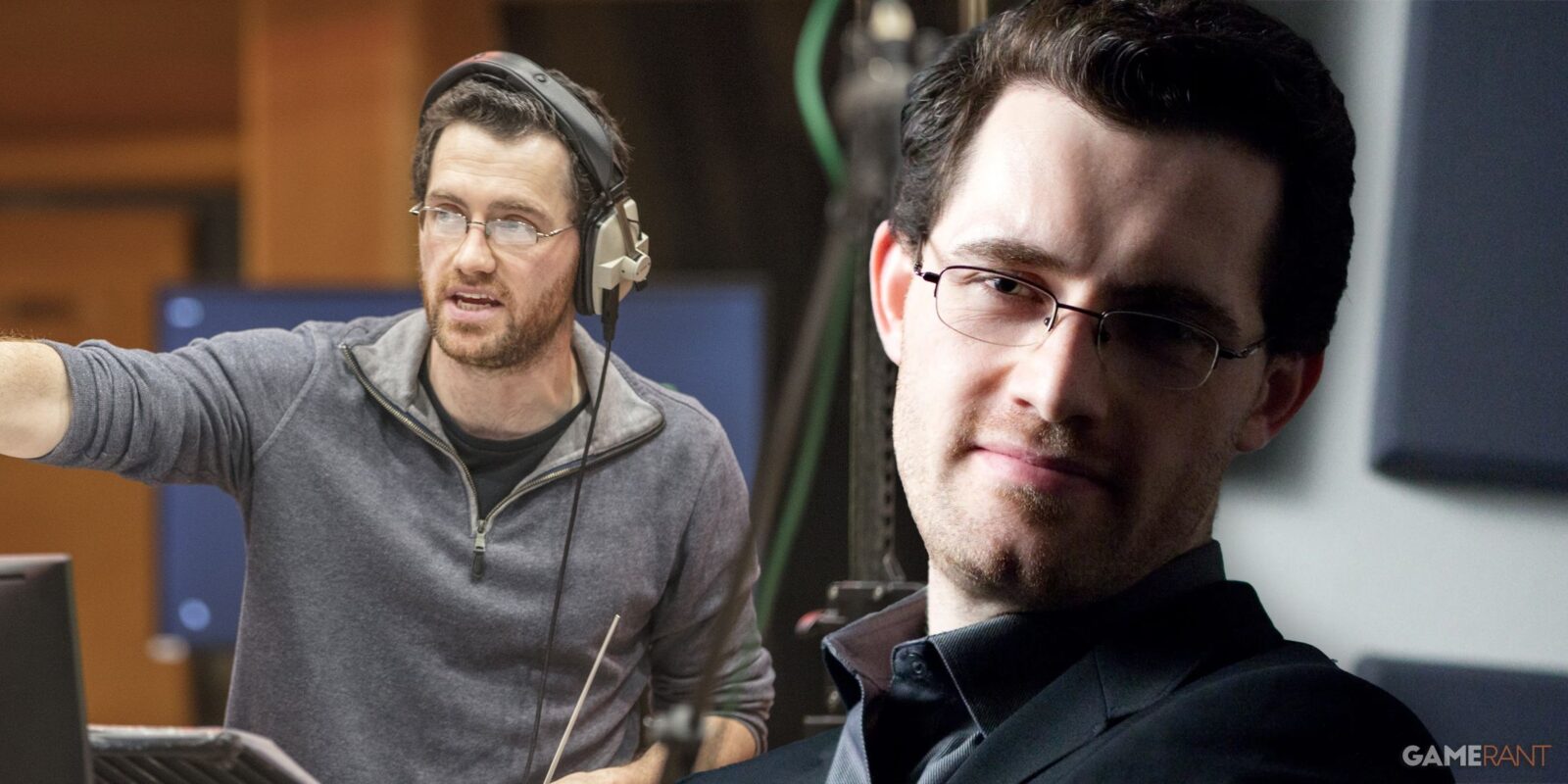
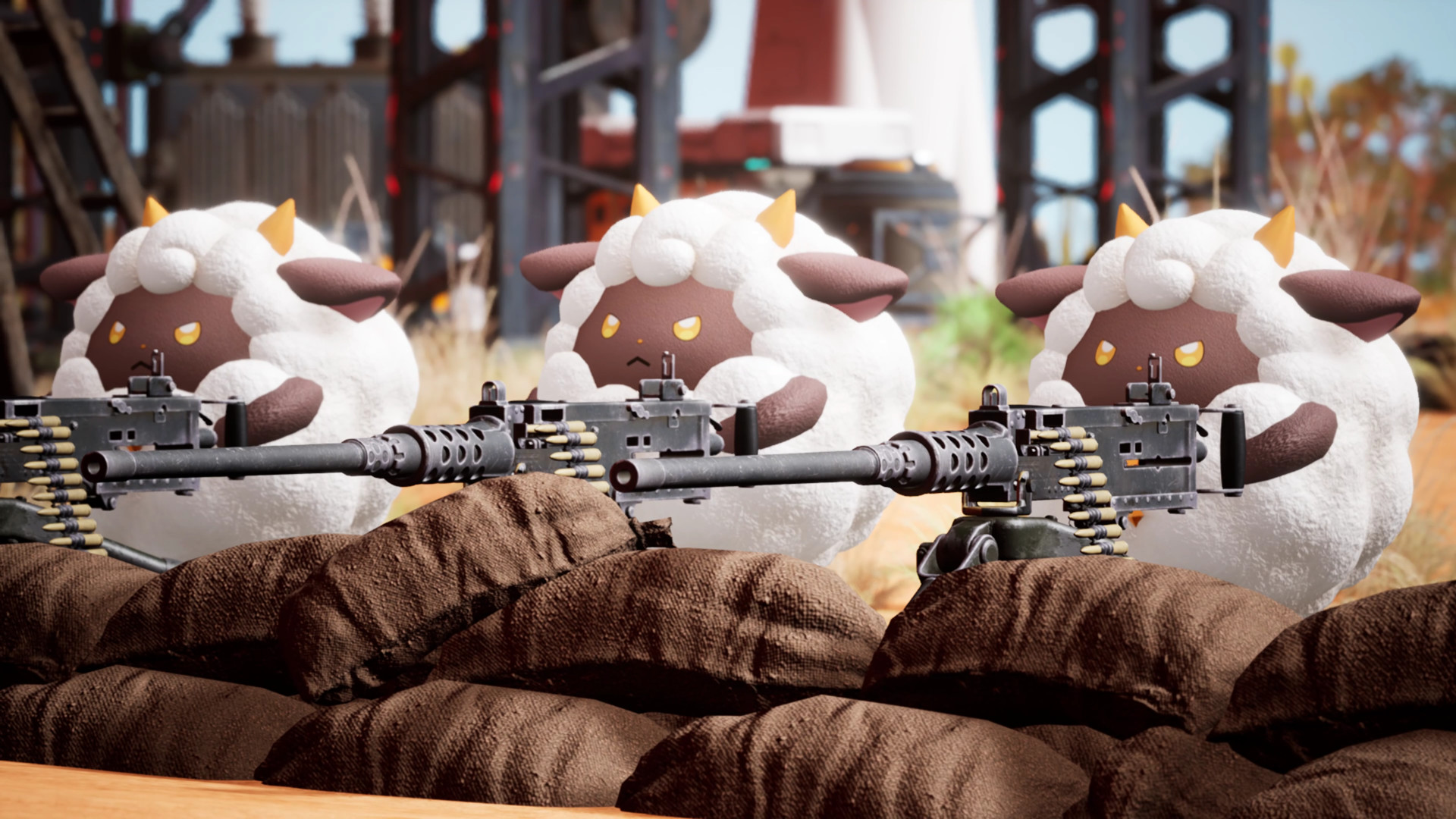
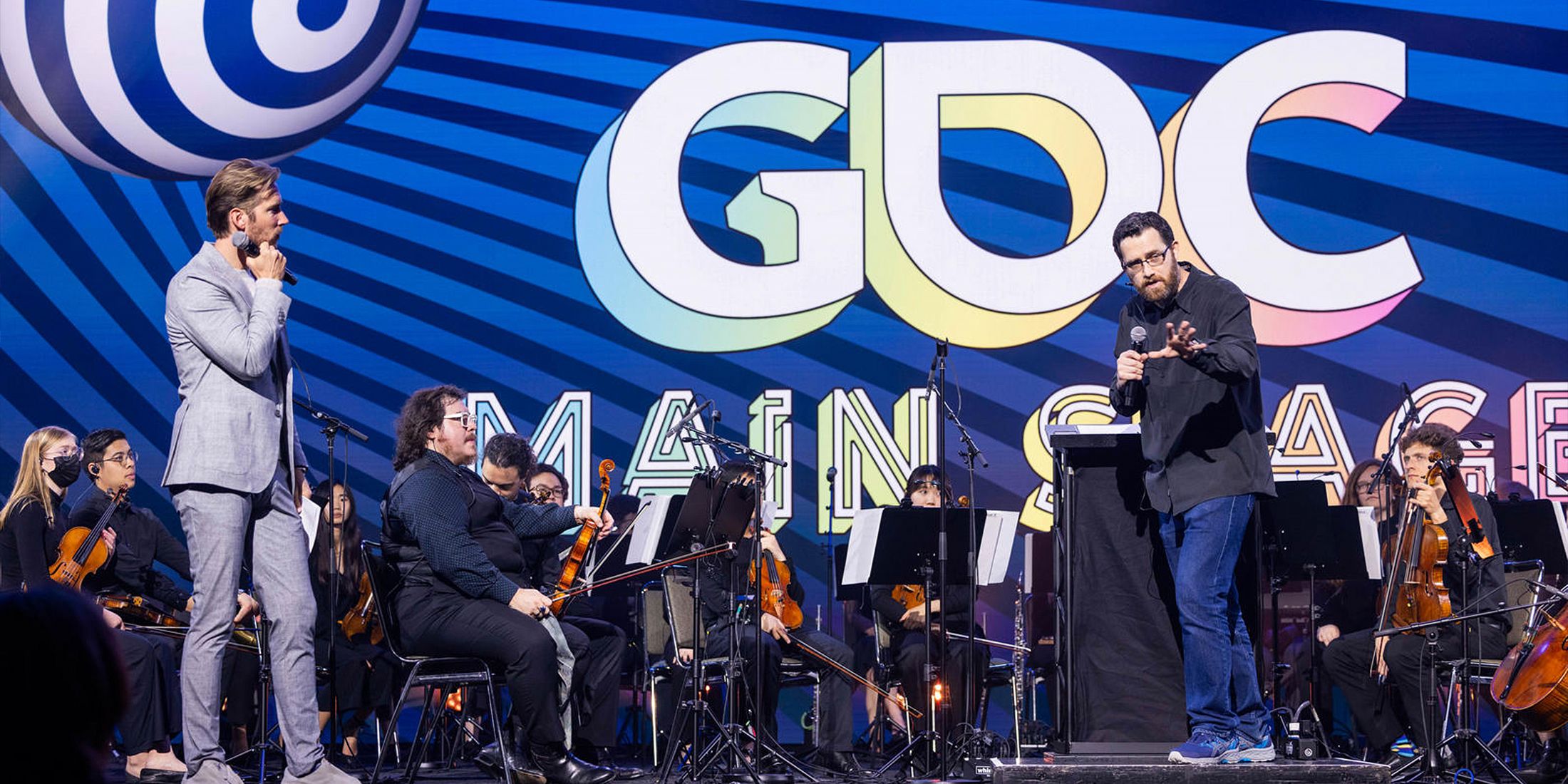

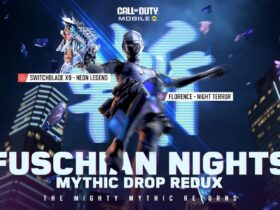

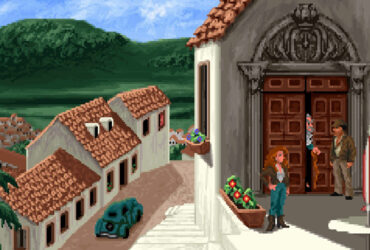
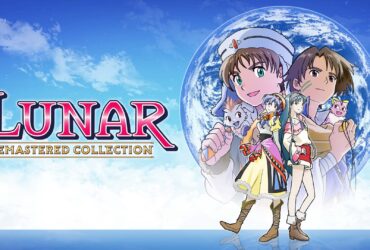
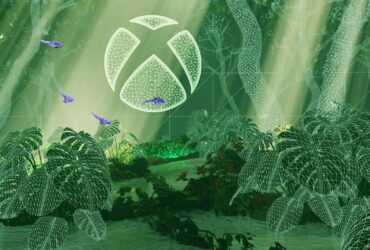
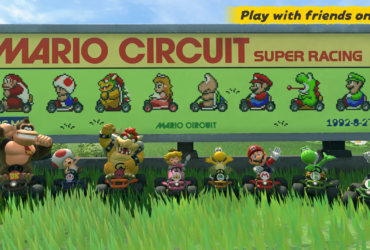
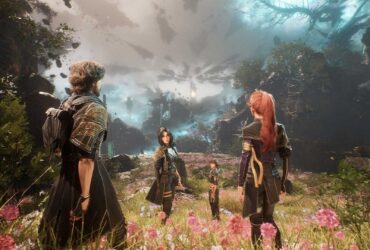

Leave a Reply